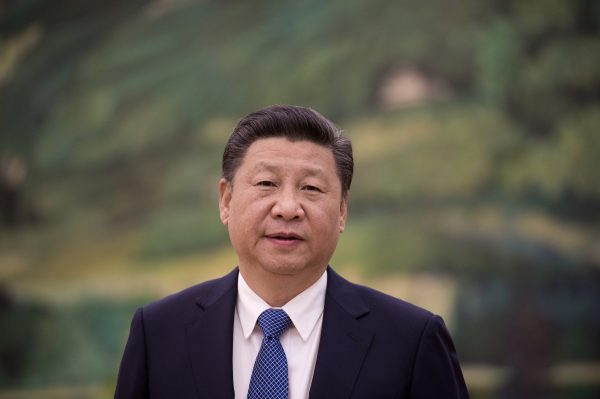But though this campaign is — at least temporarily — reducing corruption, it is restricting crucial forms of local discretion such as policy experimentation.
Many scholars attribute this experimentation as the source of the Chinese Communist Party’s (CCP) adaptability to changing economic, social and political conditions that have led to the collapse of other communist regimes. Yet Anna Ahlers and Matthias Stepan contend that Xi’s corruption campaign has altered local incentive structures meaning that ‘Local leaders are abstaining from bold policy moves out of fear of demotion, exclusion from the party, or legal repercussions’. As a result, ‘subnational governments have ceased to act as independent actors of policy initiative and innovation’.
When Hu Jintao was President, his consultative governance style allowed for more local discretion, which resulted in increased levels and types of policy experimentation. Both Hu Jintao and Jiang Zemin understood the collapse of the communist regime in the USSR to be a result of the Party’s ‘ossification’: the disconnect between policymakers at the central level and officials and citizens at the local level.
Experimentation was perceived as an important source of bottom-up policy change in an authoritarian regime that lacked other feedback mechanisms from lower levels of government and broader society. Xi Jinping does not seem to share this concern about ‘ossification’, and instead attributes the collapse of the Soviet Union to the fact that nobody in the party had been ‘man enough to stand up and resist’. His understanding of authoritarian durability relies more on centralised control and less on local discretion and experimentation.
Despite this shift in governance style, The Economist article that called Xi Jinping the ‘chairman of everything’ also called him the ‘master of nothing’. The vertical control mechanisms of punishment through the anti-corruption campaign, and reward through the annual evaluation system for local officials, are difficult to use effectively at lower levels of government. First, most of these officials remain in their birth province for their entire careers rather than being promoted to the central government. Consequently, studies show that they respond more to local governance challenges than to vertical control mechanisms.
Second, even for local officials who desire to be promoted, the evaluation system is complex, with hundreds of indicators for ‘success’. For example, in one county officials are measured across 19 fields with 100 points assigned in each and each field is composed of sub-fields. In total, the evaluation in this county consisted of approximately 1,000 items. The points in a given policy field reveal its political significance.
In the face of such opaque criteria, we should expect significant variation in local official behaviour across regions and by the level of government. Xi’s centralisation of power does not mean that local officials have completely stopped policy experimentation but instead that there are fewer incentives to advertise experiments to supervisors. The implication of this is that hidden experiments are not evaluated, which constrains the policy diffusion process that results in adaptive, bottom-up policy change.
This disconnect between local and central leaders creates the ‘ossification’ that afflicted the Soviet Union but it is unclear if Xi views this as a significant challenge. Yet if he does not reign in his centralising impulses, he can expect increasingly disconnected responses to shared governance challenges between central and local governments. These impasses will likely manifest in policy areas requiring a comprehensive solution, such as food and drug safety or environmental policy that are difficult to address solely at a central or local level. Purely top–down policies relying on administrative control mechanisms to force local compliance are expensive and less effective.
Preventing regime ossification will require a significant shift in Xi Jinping’s governance style. Yet public satisfaction with the CCP may depend on it resolving governance challenges by testing and scaling up effective local policy experiments.
Jessica C. Teets is Associate Professor at the Department of Political Science, Middlebury College.
This article is part of an EAF special feature series on 2016 in review and the year ahead.

